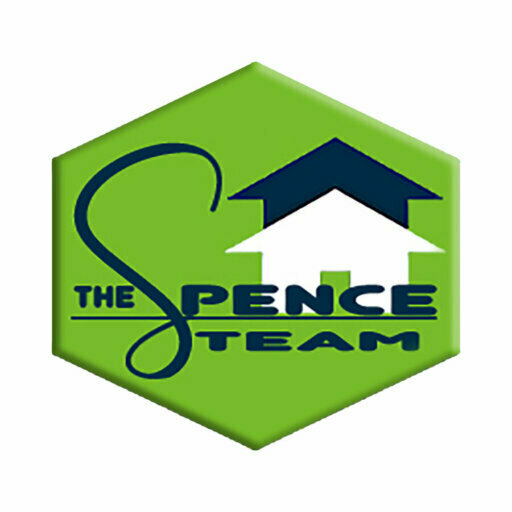If you’re a home buyer looking to purchase a home for your aging parents or disabled adult child, a “Family Opportunity Mortgage” could be the right choice for you. This type of mortgage is designed to help families buy a home for a family member who cannot qualify for a mortgage on their own.
Here are five things you should know about a “Family Opportunity Mortgage” if you’re considering this option for your retirement planning.
1. What is a “Family Opportunity Mortgage”?
A “Family Opportunity Mortgage” is a type of mortgage that allows family members to purchase a home for another family member who cannot qualify for a mortgage on their own. This type of mortgage is also known as an “affordable alternative” or “kiddie condo” mortgage.
2. Who is eligible for a “Family Opportunity Mortgage”?
To be eligible for a “Family Opportunity Mortgage,” the family member who will be living in the home must be a disabled adult child or an aging parent. The family member who is purchasing the home must have a good credit score and meet the income and debt requirements of the lender.
3. What are the benefits of a “Family Opportunity Mortgage”?
One of the biggest benefits of a “Family Opportunity Mortgage” is that it allows families to purchase a home for a family member who cannot qualify for a mortgage on their own. This can be a great option for families who want to provide a safe and stable home for their aging parents or disabled adult children.
Another benefit of a “Family Opportunity Mortgage” is that it can be easier to qualify for than a traditional mortgage. Because the family member who is purchasing the home is not the one who will be living in it, the lender may be more flexible with the income and debt requirements.
4. What are the downsides of a “Family Opportunity Mortgage”?
One of the downsides of a “Family Opportunity Mortgage” is that it can be more expensive than a traditional mortgage. Because the family member who is purchasing the home is not the one who will be living in it, the interest rates may be higher and the down payment requirements may be higher as well.
Another downside of a “Family Opportunity Mortgage” is that it can be complicated to set up. You’ll need to work with a lender who is experienced in this type of mortgage, and you may need to provide additional documentation to prove that the family member who will be living in the home is eligible for this type of mortgage.
5. How do you apply for a “Family Opportunity Mortgage”?
To apply for a “Family Opportunity Mortgage,” you’ll need to work with a lender who offers this type of mortgage. You’ll need to provide documentation to prove that the family member who will be living in the home is eligible for this type of mortgage.
You’ll also need to provide documentation to prove that the family member who is purchasing the home meets the income and debt requirements of the lender. Once you’ve been approved for the mortgage, you can begin the process of purchasing a home for your aging parent or disabled adult child.
In conclusion, if you’re considering a “Family Opportunity Mortgage” as part of your retirement planning, it’s important to weigh the benefits and downsides of this type of mortgage. While it can be a great option for families who want to provide a safe and stable home for their aging parents or disabled adult child, it can be more expensive and complicated to set up than a traditional mortgage. Be sure to work with a lender who is experienced in this type of mortgage and who can guide you through the process of applying for and obtaining a “Family Opportunity Mortgage.” Does this type of situation sound exciting for your family? It should! Reach out to The Spence Team today, and we will help to make your vision a reality! 469-217-9004
